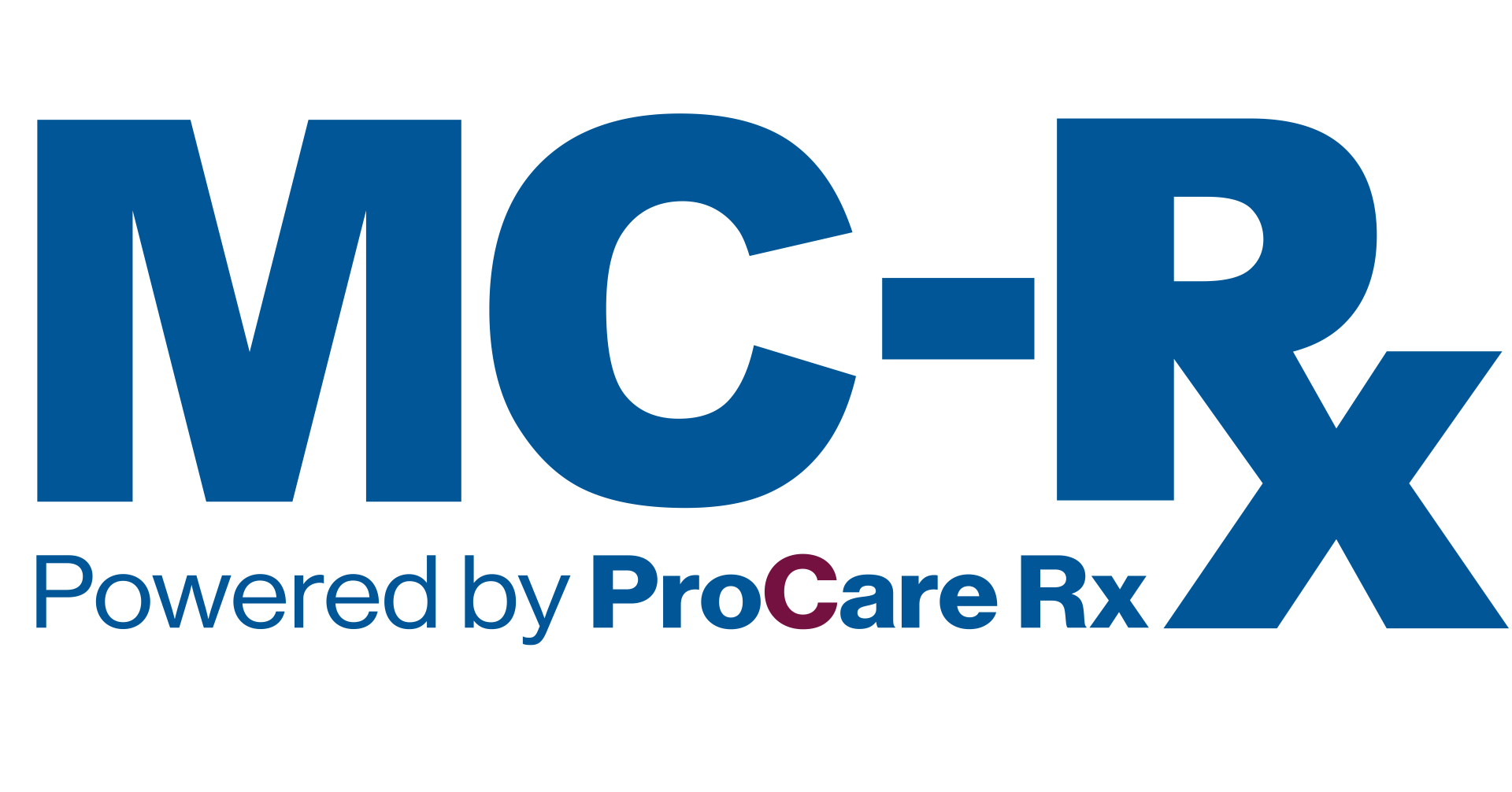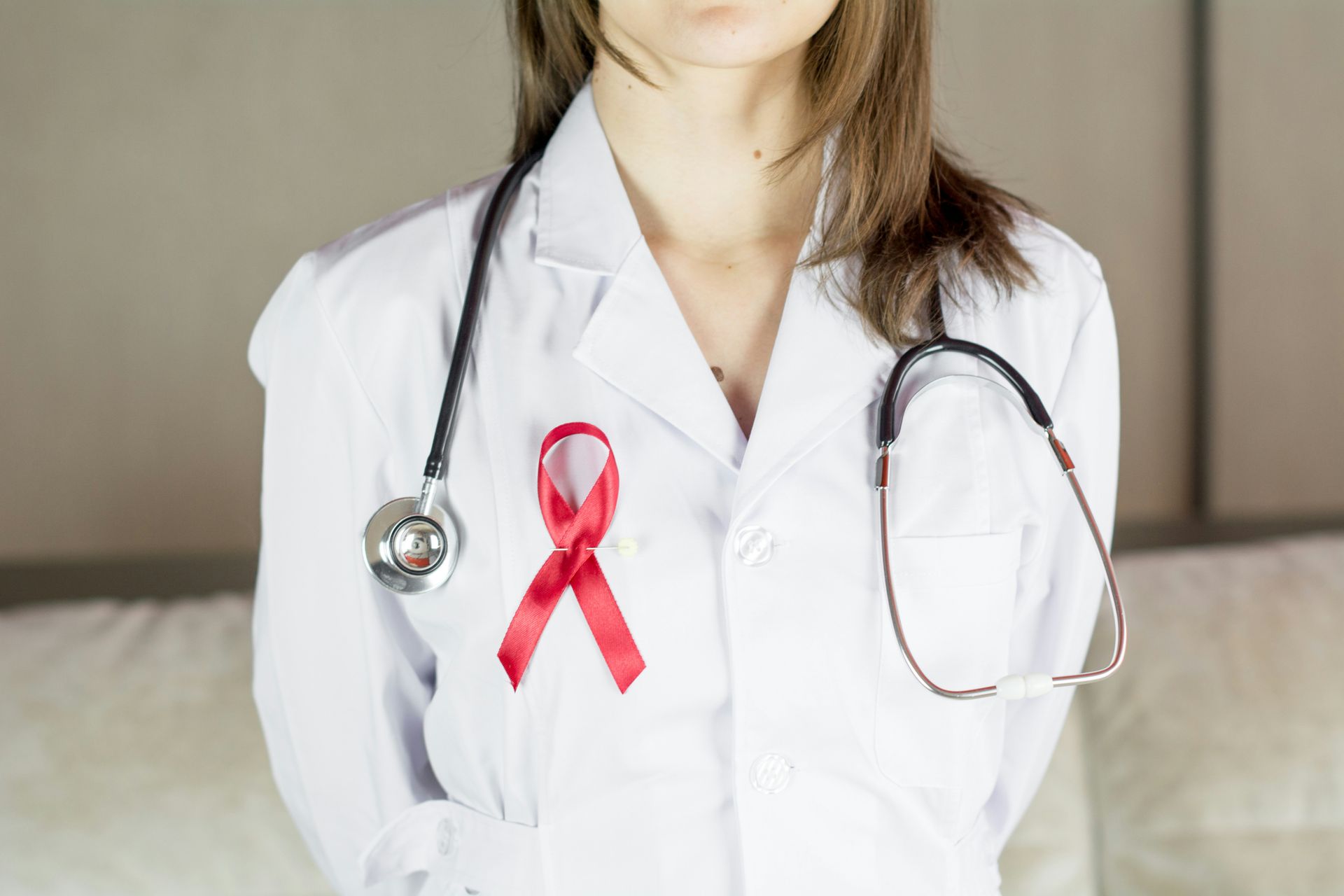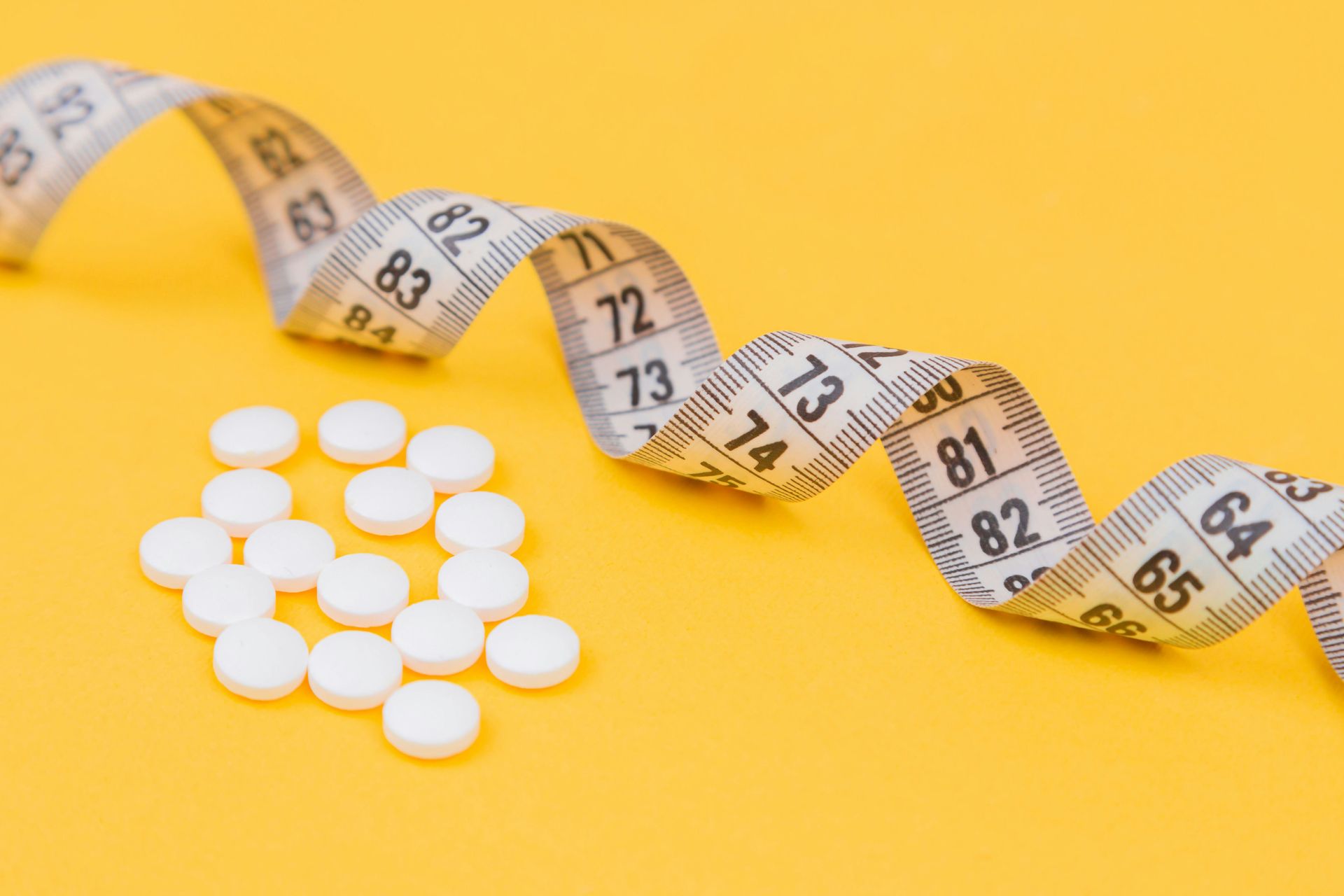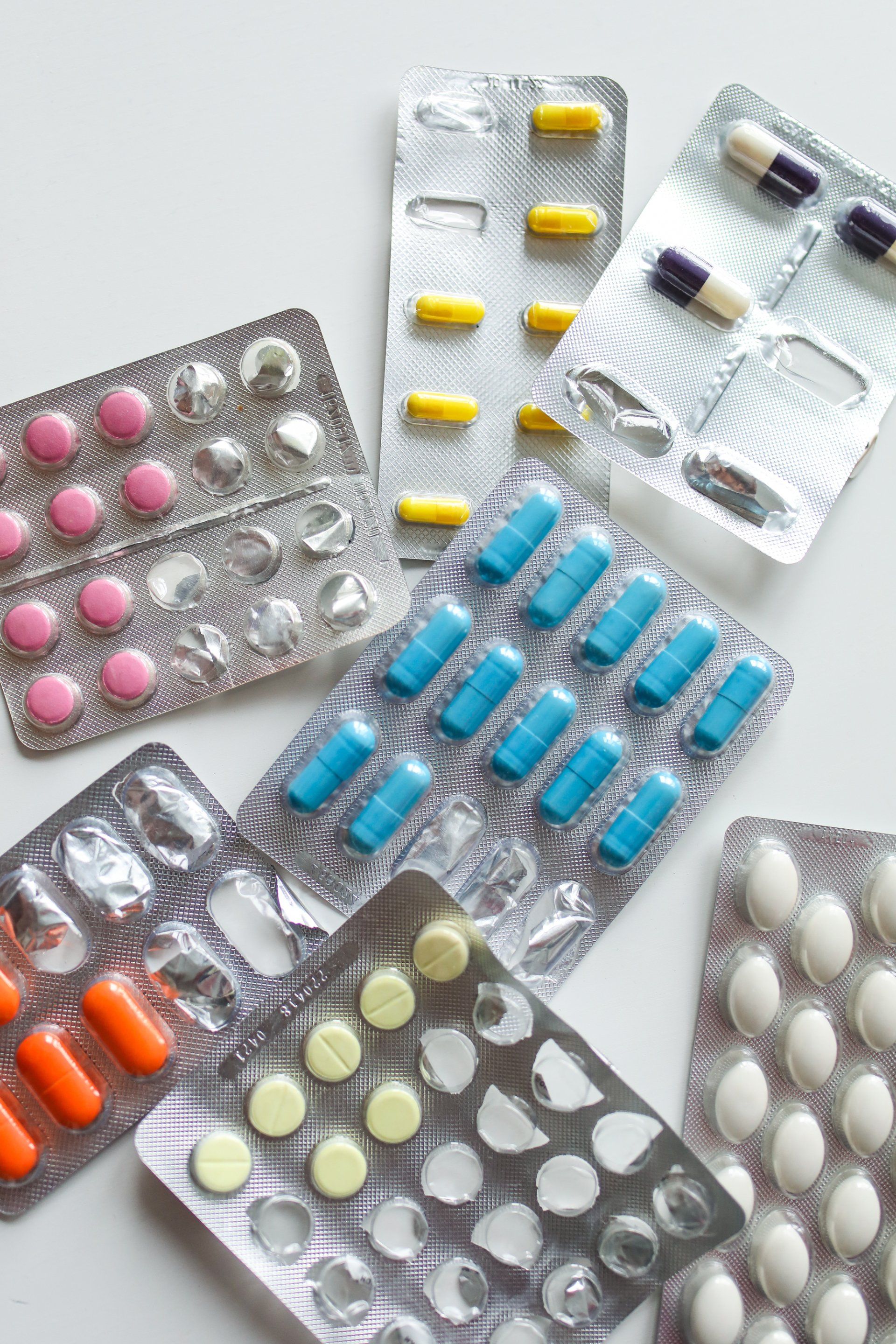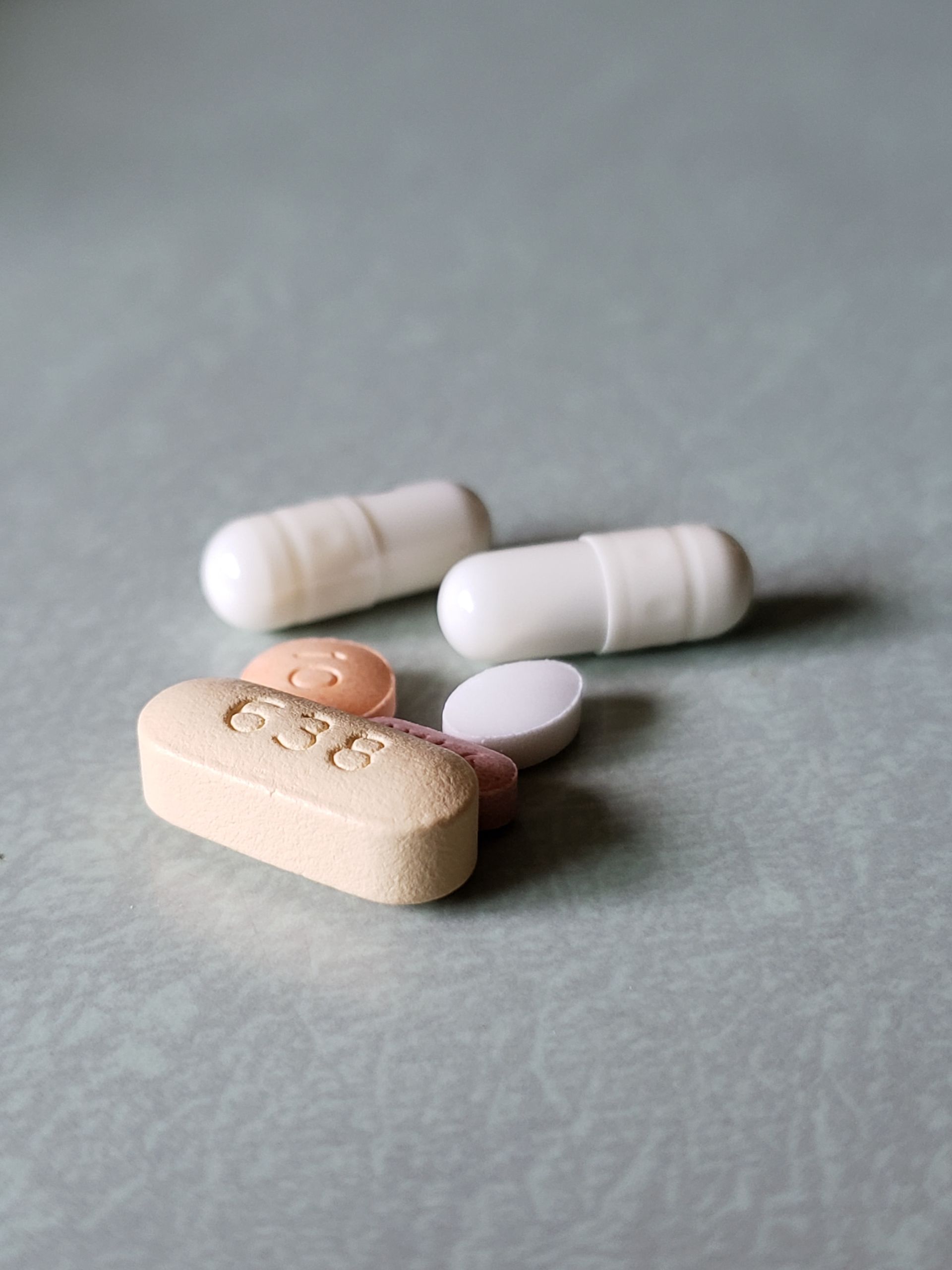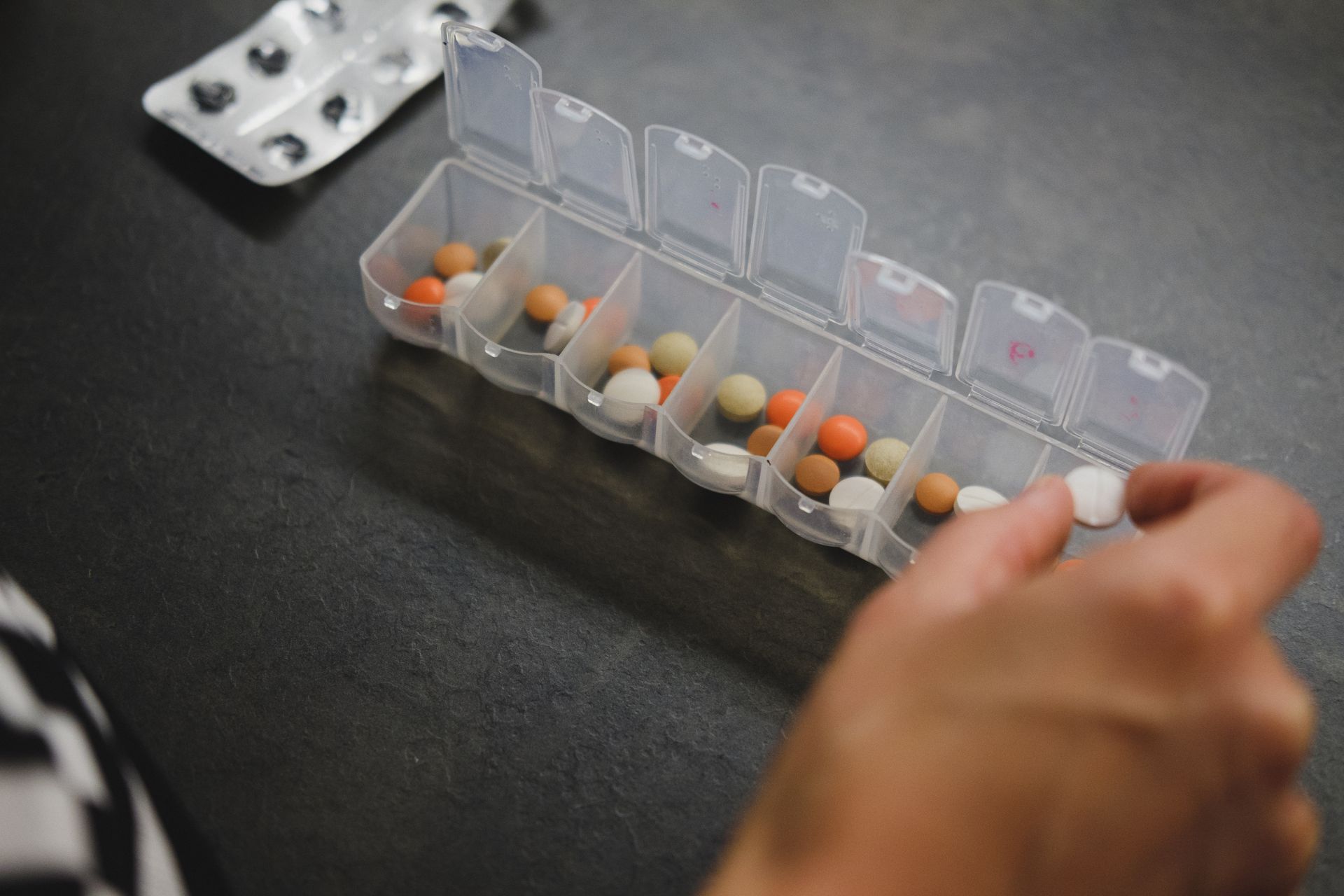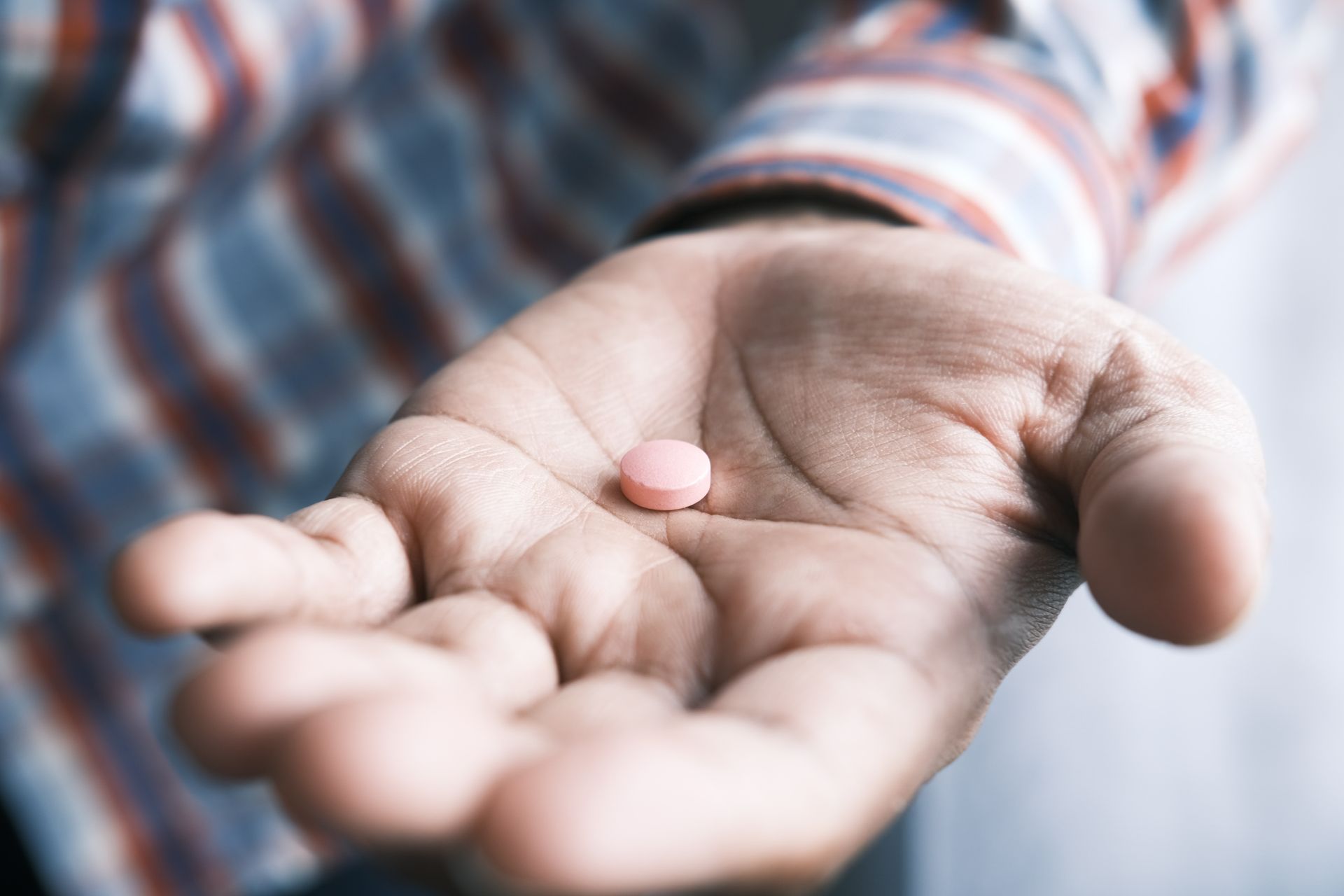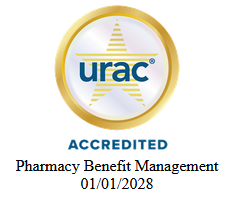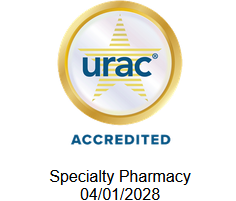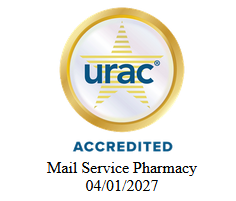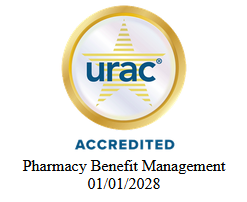HIV Pre-Exposure Prophylaxis (PrEP)
HIV Pre-Exposure Prophylaxis (PrEP)
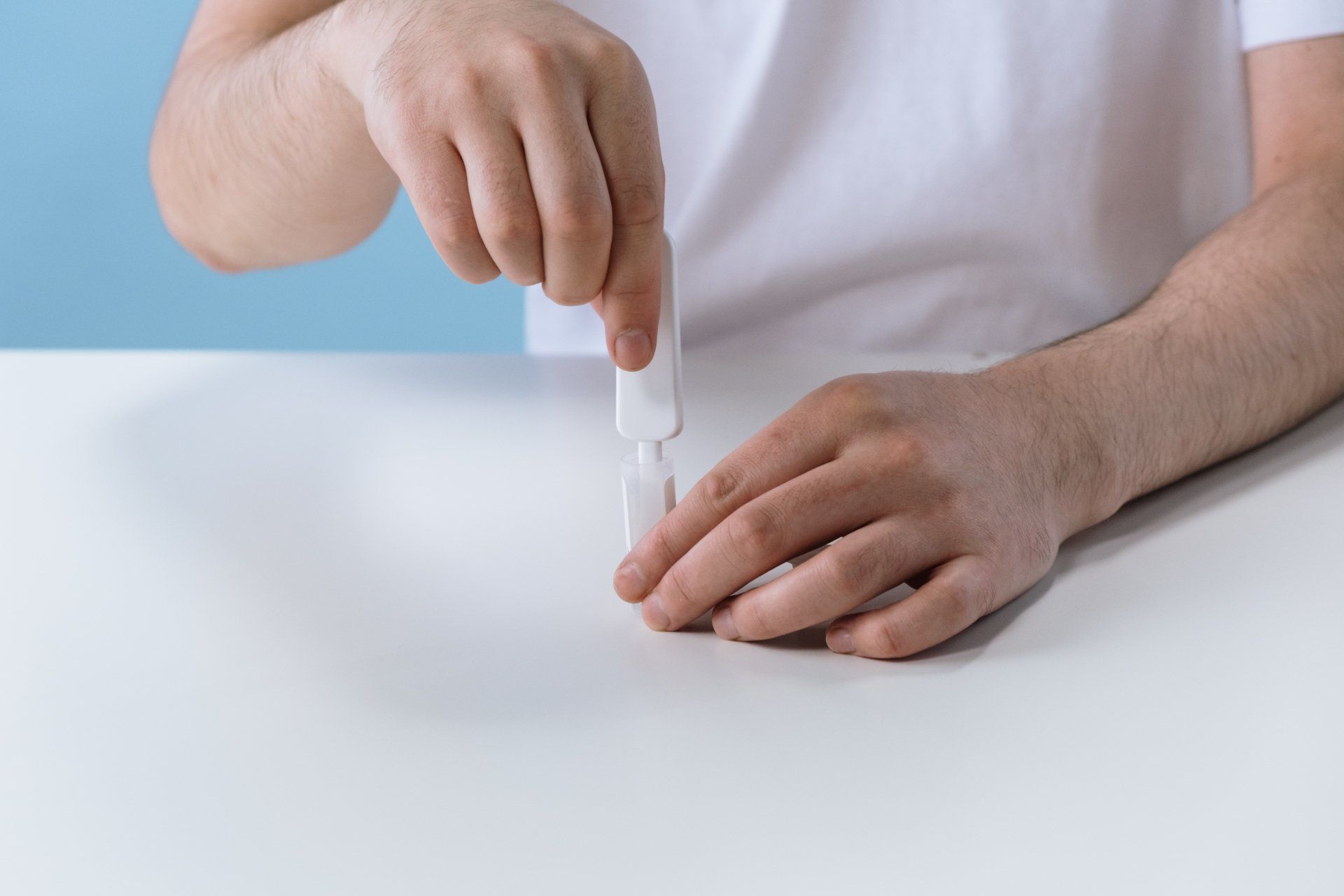
Human immunodeficiency virus (HIV), which can progress to acquired immunodeficiency syndrome (AIDS), targets the immune system and reduces a healthy patient’s ability to fight off many infections. In the United States there are an estimated 1.2 million people infected with HIV. HIV pre-exposure prophylaxis (PrEP) is defined as a combination of drugs to help prevent the transmission of HIV in people at risk of developing this condition. The first treatment for PrEP, Truvada, was approved in 2012. Since then, two additional options have been approved by the FDA. In 2020, about 25% of the 1.2 million people for whom PrEP is recommended were prescribed a PrEP drug, compared to only about 3% in 2015.
During the initial HIV infection, over the course of about 4 weeks, patients will present with symptoms of fever, sore throat, rash, joint pain, diarrhea, weight loss, and headache, similar to a common cold. However, some patients may not show any symptoms at all. Approximately 13% of HIV-positive patients do not know they have HIV and need to be tested.
It is good to note that everyone between the ages of 13 and 64 should get tested for HIV at least once. However, there are high-risk behaviors that may require an individual to get more frequent testing. People engaging in high-risk behaviors for HIV should be tested every 3-6 months. These high-risk behaviors include: inconsistent condom use, sex with HIV positive persons, shared needles or injectable drugs, or have been diagnosed with another sexually transmitted disease. If you engage in any of these activities, talk with your healthcare provider to see if pre-exposure prophylaxis (PrEP) may be right for you.
PrEP treatments are covered by most insurance plans at no charge to the patient. If there are still coverage issues, there are federal and state programs to help you afford PrEP.
PrEP reduces the risk of getting HIV from sex by about 99% when taken as prescribed. PrEP reaches maximum protection for receptive anal sex at about 7 days and receptive vaginal sex at about 21 days of daily use.
Currently, there are oral therapies for PrEP called Truvada and Descovy which are taken once-daily. However, in December 2021, a new injectable therapy called Apretude was approved by the U.S. Food and Drug Administration (FDA). In the clinical studies, Apretude was shown to be just as effective as other therapies in the prevention of HIV with minimal side-effects.
Even though there are medications to help reduce your risk of HIV, condoms are paramount to further reducing your risk of HIV and sexually transmitted diseases. Please speak with your healthcare provider about taking PrEP and about what options may work best for you.
References
https://pubmed.ncbi.nlm.nih.gov/27192360
https://www.hiv.gov/hiv-basics/overview/data-and-trends/statistics
https://www.cdc.gov/hiv/pdf/risk/prep/cdc-hiv-prep-guidelines-2021.pdf
https://www.cdc.gov/hiv/basics/prep/prep-effectiveness.html
https://www.fda.gov/news-events/press-announcements/fda-approves-first-injectable-treatment-hiv-pre-exposure-prevention



